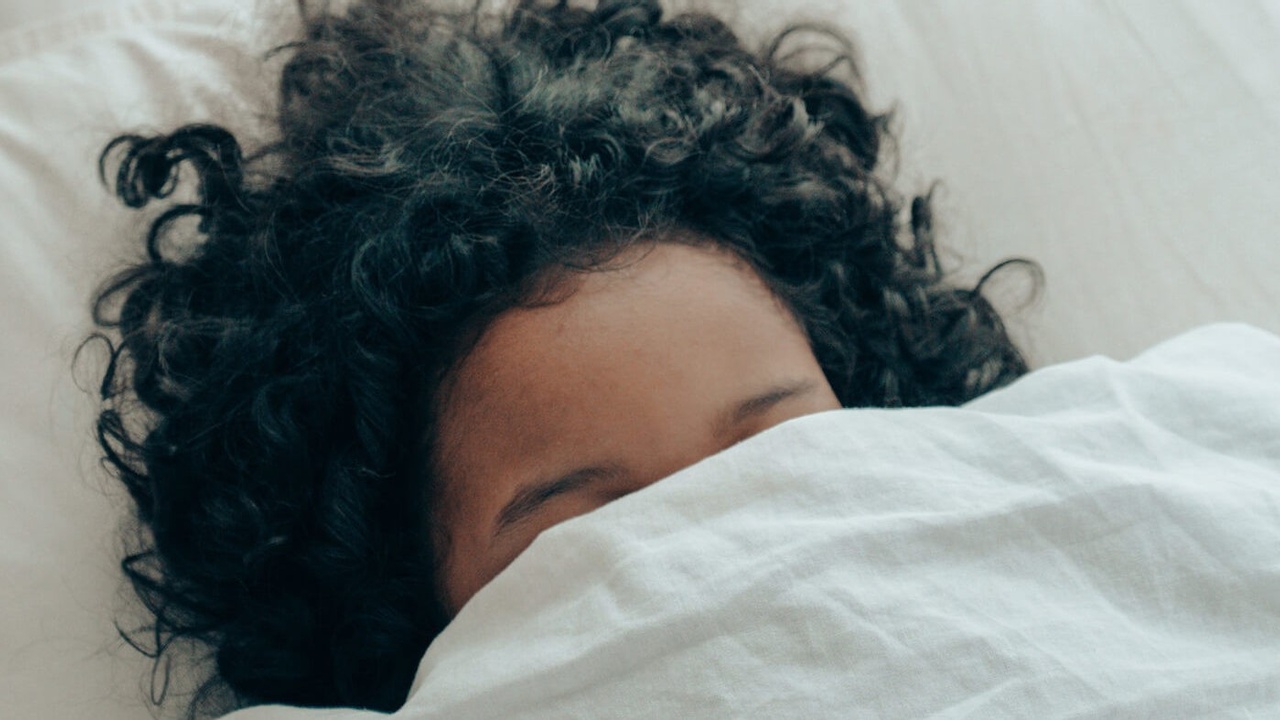Tips for your restful slumber
Aug 10, 2021
Today, we live in a chronically exhausted, overstimulated world. And whether you buy into the "I can sleep when I'm dead" theory that plagues our modern language. Sadly, you're not immortal (yet).
There are various causes that can inhibit your restful shut eye. From the amount and quality of sleep you have, has an astonishing impact on every system in your body. Keeping you sharp, creative and able to process information instantly. Keeping your immune system active, determining the certain foods you crave and eat. As well as your ability to cope with stress, and effecting your short term memory.
Firstly; lets understand that your body’s internal clock, known as your circadian rhythm helps maintain our normal sleep wake cycle. Controlling feelings of alertness and tiredness as well as cognitive function.
Melatonin our “sleep hormone” is made by the pineal gland in the brain and regulates your body's internal clock. Once it’s released it slows your body down. Lowering your blood pressure, and in turn your core body temperature so you’re ready for sleep.
Typically, melatonin levels start to rise in the mid-to-late evening, after the sun has set. They stay elevated for most of the night while you’re in the dark. Then, they drop in the early morning as the sun rises, causing you to awaken. When light hits your optic nerve it actually goes back and turns off the melatonin faucet, therefore decreasing your melatonin levels and interrupting your sleep wake cycle. Keeping you alert.
Let's investigate a few suggestions I recommend. If these don't help. Perhaps we need to look further into the root cause on a cellular level.
Tips to induce a restful night sleep:
Turn off Blue light after dark:
Since melatonin levels decrease in light. Try after dusk lighting apps like: f.lux for your computer and screens, to replicate fire light that is more familiar to our ancestrally programmed brains.
Food sources of melatonin, that have been shown affective:
Cherry Active concentrate: The tart Montmorency cherries in CherryActive contain a natural source of melatonin. Studies have shown that other chemical compounds found in Montmorency cherry juice contribute to restful sleep as well.
Kiwi fruit is a also natural occurring source of melatonin. Try 2 kiwis 1hr before bed or as a dessert.
Yoga Nidra:
Referred to as "Yogi Sleep", is intended to induce full body relaxation into a deep meditative consciousness. This is my "go to" for many clients, to switch their Nervous Systems from over active to “rest and digest”, by re-setting their cognitive pathways. It’s particularly great for overcoming various travel and jet lag.
Cut caffeine after 2pm:
You may be one of those persons that could drink a cup of coffee and fall asleep right away (myself included), but I guarantee you, you aren't going to reach the REM you require for a restful night sleep. Have a go, and try it out for one week.
Exercise:
Yes, the obvious. Though if exercise was prescribed by every doctor, there would probably being a major decrease in all prescription drug usage.
Exercising preferably outside, as sunlight break promotes sleep 12 hours later, and keeps circadian rhythm regular. Or perhaps take an evening walk before bed, is always nice.
Practice Abdominal breathing: Link to Soundcloud.
Other causes to investigate:
Areas to investigate with your practitioner, that could be driving inability to rest:
Adrenal function, Thyroid, Hormonal, different stages of life, toxicity - liver burden.
Nutritionally:
- Ensure meals are regulated throughout the day for Blood sugar equilibrium
- Protein: Adequate protein may also help to prevent nocturnal hypoglycaemia, (which induces waking) by stabilising blood sugar levels.
- Protein is made up of Amino Acids, in particular "L-Trypophan" which plays a role in sleep regulation due to its part in Serotonin and Melatonin synthesis (making of).
- Hold back on artificial sweeteners, they disturb neurotransmitter balance and increases level of adrenalin contributing to insomnia
- Determine if any food allergy or intolerance is precent, that may precipitate an adrenaline reaction therefore interfering with sleep.
Herbal Teas:
There are numerous herbs that can support and relax our nervous system, which can affect our sleep.
Passionflower (Passiflora incarnata): helpful in disturbed sleep from mental worry and exhaustion resulting from excitement or circular thinking ("monkey brain"); useful as tea or tincture
Skullcap (Scutellaria lateriflora): useful in nervous irritability, restlessness, and panic attacks, as well as muscular tension related to stress; especially if have a headache around bedtime
Milky Oat tops (Avena sativa): for nervous exhaustion, frayed nerves, fatigue; to reinvigorate and nourish the nervous system
Lemon Balm (Melissa officinalis): quick-acting, gentle remedy; for sadness with mild anxiety or depression; lifts spirits, improves concentration; particularly useful for menopausal mood swings; delicious tea
Chamomile (Matricaria recutita): a lovely relaxing herb for children and adults alike, particularly when nothing seems to soothe; especially helpful when digestion suffers during high anxiety; makes excellent tea if steeped for a short time

